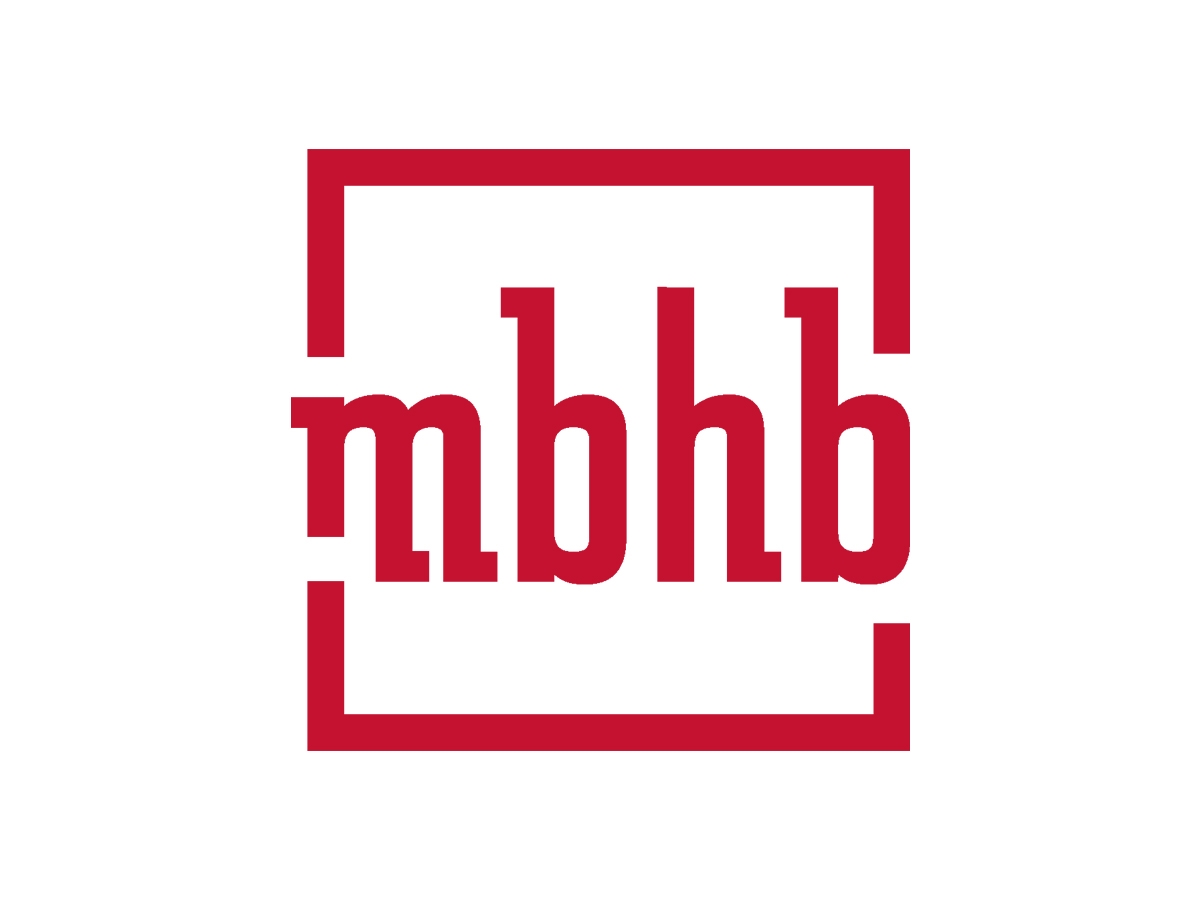HTC Hit With $9 Million Damages Award After Losing Out on FRAND Rates as an Unwilling Licensee
“[I]f an implementer refuses to truly join in the FRAND process through good faith negotiations, that implementer is not a willing licensee.” Josh Reed, Head of Global Litigation at Sisvel
On October 16, a jury verdict entered in the District of Delaware awarded $9 million to 3G Licensing, a subsidiary of European patent pool operator Sisvel, after finding that Taiwanese consumer electronics company HTC Corp. willfully infringed upon a pair of cellular telecommunications patents. The verdict follows summary judgment rulings in the case against HTC and other defendants, who argued that the asserted patents were encumbered by fair, reasonable and non-discriminatory (FRAND) licensing obligations without establishing the patents’ essentiality to any standard.
Unwilling Licensees Left Open to Risk of Royalty Rates Exceeding FRAND Obligations
The Delaware jury verdict awarded damages to Sisvel for HTC’s infringement of U.S. Patent. No. 6856818, Data Store for Mobile Radio Station, and U.S. Patent No. 7995091, Mixed Media Telecommunication Call Manager. The jury awarded $7.2 million to Sisvel for infringement of the ‘091 patent attributable to HTC’s direct sales, and the remainder for HTC’s infringement of the ‘818 patent through sales of Verizon accused products and by inducing infringement by sales of Google-Fi accused products. The jury further found that 3G Licensing was first entitled to damages from HTC for infringing the ‘818 patent on October 1, 2017. Although the verdict has been entered in this case, post-trial motions are ongoing and the jury’s willful infringement finding could lead to trebled damages under 35 U.S.C. § 284.
A press release announcing the verdict in Sisvel’s favor pointed out that the per device royalty rates imposed by the jury were not based upon FRAND licensing terms. HTC had refused to license Sisvel’s patents during pre-lawsuit negotiations, arguing that the patents were not essential to cellular standards incorporated into HTC’s products. During the course of the trial, however, HTC argued that Sisvel’s patents were so encumbered based upon assignment agreements between 3G Licensing and French telecom firm Orange.
Sisvel’s press release points out that the jury verdict highlights the importance of accepting FRAND terms during negotiation. “[I]f an implementer refuses to truly join in the FRAND process through good faith negotiations, that implementer is not a willing licensee,” said Josh Reed, Sisvel’s Global Head of Litigation. By not accepting FRAND rates offered during negotiations or engaging in the negotiation process as a willing licensee, HTC left itself open to the risk that it would be liable for royalty rates in excess of FRAND obligations.
While the recent jury verdict vindicated 3G’s arguments that HTC was an unwilling licensee, the infringement theory put forward in the case was centered on infringement evidence other than technological standards. In order to argue that it should be entitled to a FRAND license, HTC and other defendants raised several arguments purporting to show that Sisvel was obligated to license the ‘091 and ‘818 patents on such terms without trying to establish that the patents themselves were standard-essential, which would have arguably stipulated to infringement.
Essentiality Requires Objective Findings, Not Subjective Belief
HTC’s arguments availed little in an October memorandum authored by then-U.S. District Judge Leonard Stark, who granted summary judgment to Sisvel on the defendants’ affirmative defenses involving FRAND arguments. Judge Stark found that no reasonable juror could conclude that the assignment agreement between Orange and 3G would obligate the asserted patents to be licensed on FRAND terms despite essentiality, although the reasoning why is redacted from the opinion.
Judge Stark further found that 3G Licensing’s belief that the patents were standard-essential did not create FRAND licensing obligations. “[E]ssentiality depends on objective findings, i.e., whether practicing the relevant standard in fact infringes the asserted patents and whether non-infringing alternatives in fact exist,” Judge Stark wrote. Judge Stark also granted summary judgment nixing waiver defenses raised by Lenovo and BlackBerry that were contingent upon 3G having FRAND licensing obligations to the asserted patents.
The October 2020 memo opinion underscored the point that nixing the FRAND-based affirmative defenses did not establish that the patents were unencumbered by FRAND obligations. Judge Stark’s ruling allowed HTC and others to introduce FRAND-related evidence at trial to establish the proper damages award. However, the ruling also denied defendants’ motion to exclude opinions from 3G’s expert witness on hypothetical licenses using non-FRAND rates and a five-times to seven-times multiplied to be applied to the royalty rate.
An appeal by HTC could follow the district court’s resolution of post-trial motions. However, it’s likely that HTC’s FRAND-related arguments could meet the same fate in the U.S. Court of Appeals for the Federal Circuit. Judge Stark was elevated to the Federal Circuit in February 2022 to replace retiring Circuit Judge Kathleen O’Malley and could very well sit on a panel deciding the appeal in this case.
Image Source: Deposit Photos
Author: zimmytws
Image ID: 61513531
Steve Brachmann
Steve Brachmann is a graduate of the University at Buffalo School of Law, having earned his Juris Doctor in May 2022 and served as the President of the Intellectual Property […see more]







